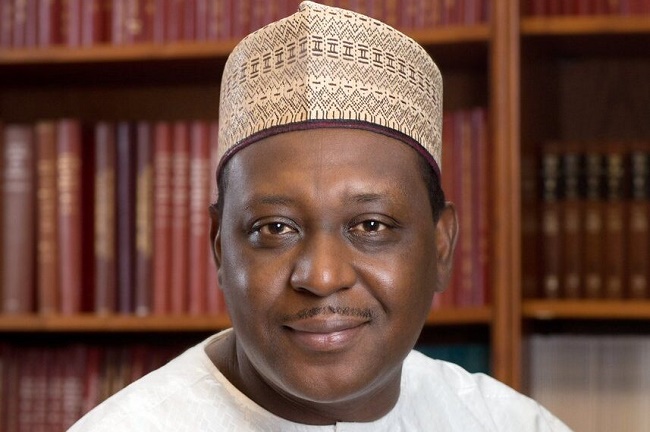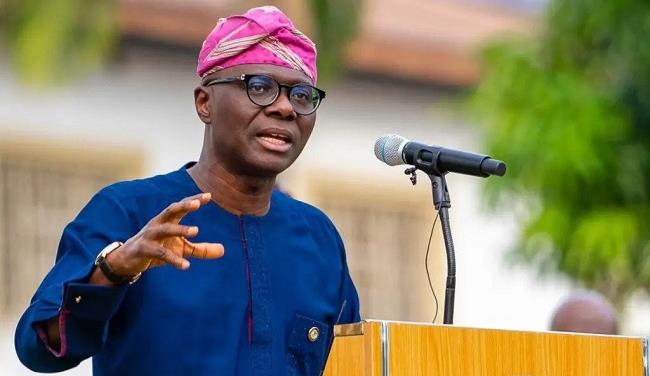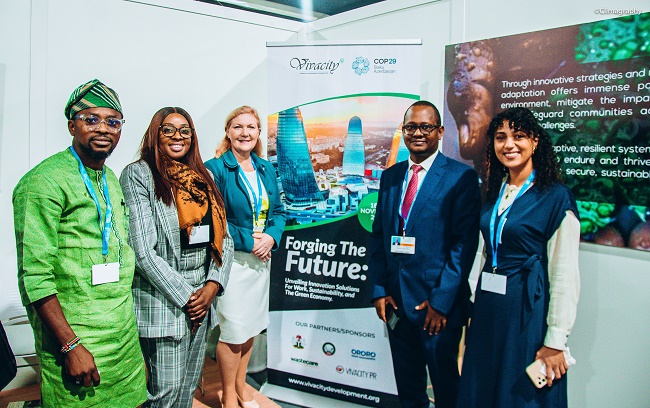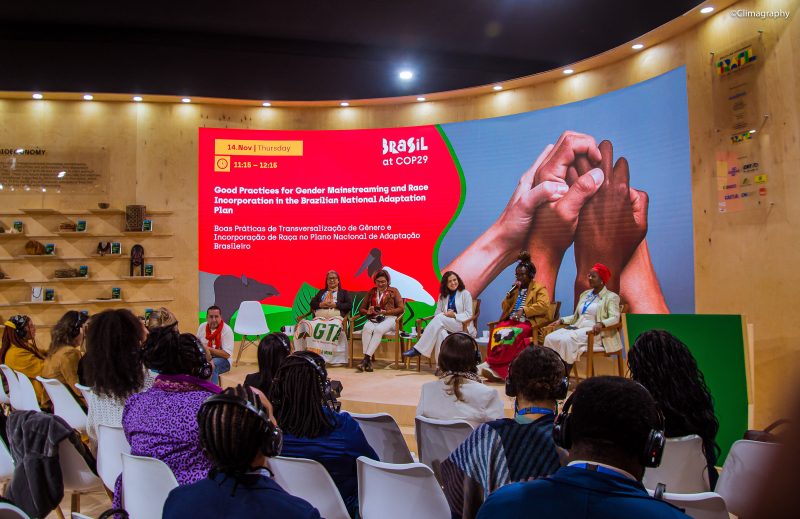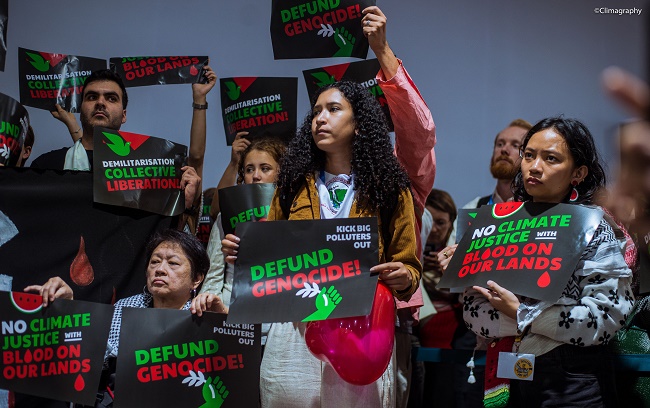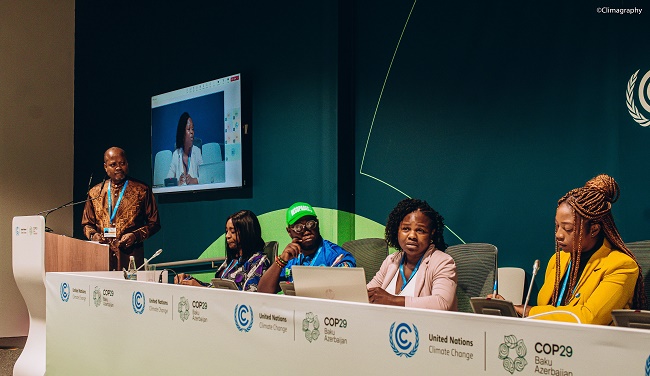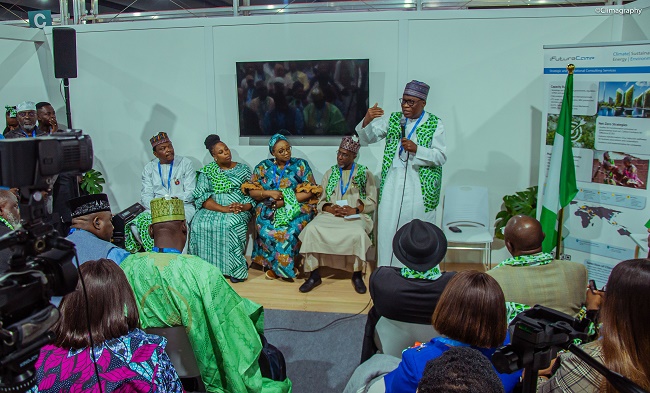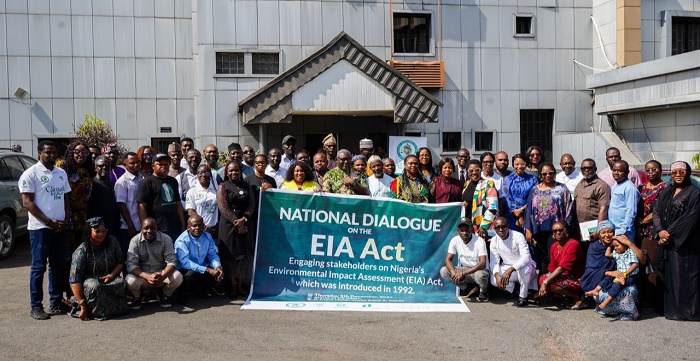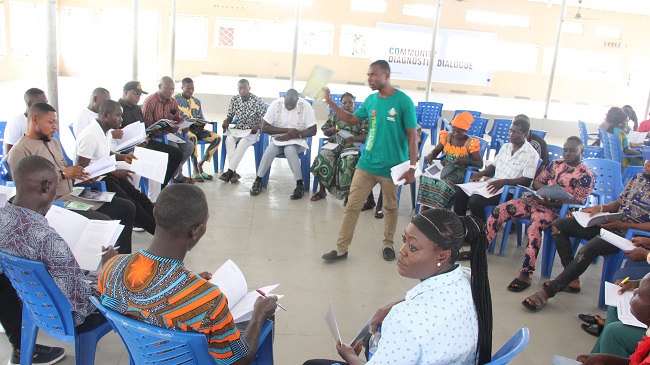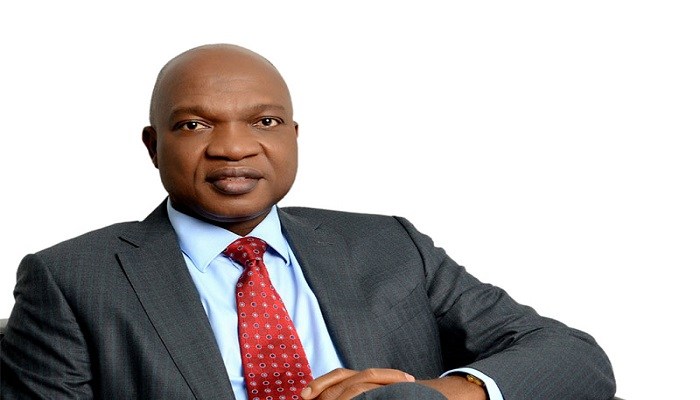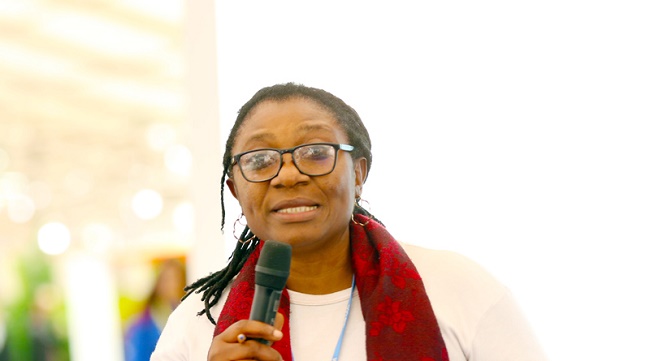Tantita Security Services Ltd. says it is targeting a $320 million carbon credit scheme for the Niger-Delta region, as part of efforts to drive community development and sustainable environment.
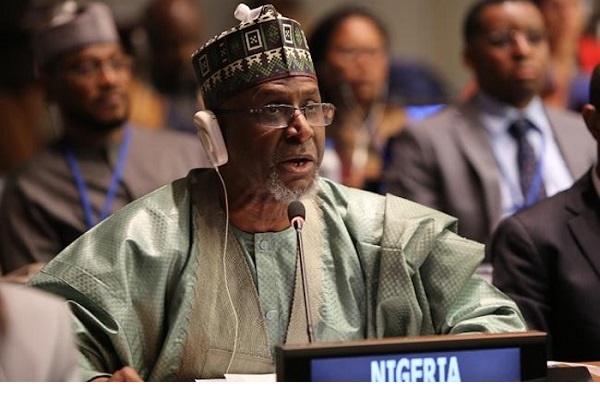
Capt. Waredi Enisuoh, Executive Director Operations and Technical, Tantita Security Service, said this at a lecture organised by Highstone Global University (HGU) Texas, USA, on Saturday, December 7, 2024, in Asaba, Delta State.
Enisuoh, who received an honorary doctorate degree at the event, spoke on the theme, “Sustainability Through Good Governance and Community Development”.
He explained that the carbon credit initiative would present a groundbreaking opportunity for communities within the maritime area.
According to him, many parts of the maritime area remain rich in vegetation, in spite of years of environmental degradation.
Enisuoh added that the goal of the company was to make the communities economically independent of oil and gas, by engaging them in carbon credit generation and carbon capture programme.
He said, according to research conducted in the region, mapped areas with approximately 50,000 trees could generate $320 million annually, providing a sustainable alternative income stream for the people.
However, he cautioned that the figure would require scientific validation and alignment with Nigeria’s Climate Change Act of 2021 to ensure long-term success.
“Our commitment is 100 per cent because we are in a contract, we are not just in it for the money but because it’s all about our environment.
“We do not want a situation where our future generation has nothing to fall back on in terms of the environment,” he said.
Enisuoh said that there was so much degradation in the past but added that work was being done to recapture the environment.
He also appreciated the Federal Government for giving the company the opportunity.
“We are not in anyway going to abrogate the responsibility towards our own environment. We will continue to sensitise the community to take their eyes off nefarious activities in the area.
“We will try as much as possible to change the behavioral activities of the community to ensure that investors come to the place with peace of mind and jobs to create,” he said.
Acknowledging the progress made in restoring the Niger Delta’s ecosystem, Enisuoh credited the Nigerian National Petroleum Corporation’s (NNPC) Pipeline Protection Programme, and the continuity of environmental policies from the previous administration to the current government of President Bola Ahmed Tinubu.
According to him, these efforts have led to a resurgence of marine life in previously degraded waters, with fish, crayfish, and other aquatic species gradually returning.
In spite of the achievements, Enisuoh emphasised on the challenges posed by illegal ships entering Nigerian waters and advised on the need for stricter maritime security.
Prof. Jasper Ikpesu, a lecturer/HSE Manager at Petroleum Training Institute, Effurun, said that the path to sustainability was deeply intertwined with good governance, human development, and active community participation.
“By fostering transparent governance, empowering individuals through education and health, and leveraging the strength of communities, we can create a sustainable future for all.
“It requires a concerted effort and commitment from governments, institutions, and individuals to work collaboratively towards shared sustainable goals,” he said.
The High Global University is an online university based in Texas, USA, founded in 2019 with the mission to empower working adults by providing accessible, high quality and affordable education.
Its wide range of flexible degree programme is designed to cater to the unique needs of students whether as an undergraduate degree, a postgraduate qualification, or professional development.
Enisuoh and 17 others were given HGU Lifetime Achievement/Sustainable Development Award, while 16 other persons were given Excellence Leadership Award.
By Chiazo Ogbolu

